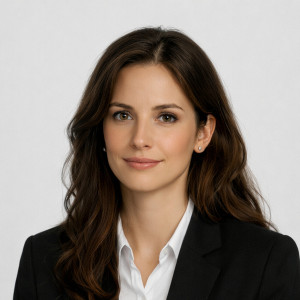The Olympic Spirit exalts and unites in a balanced whole the qualities of body, mind and will.
Baron Pierre de Coubertain (1863 - 1937). Father of the modern Olympic Games.
Are you ready to witness new world records in the historic city of Paris? The Olympic Games season is upon us!
This great event, which takes place every four years and on this occasion will be held in France, offers us an opportunity to appreciate and admire the effort, determination and talent of ordinary people who have taken their discipline to the highest existing level. But not only that: the Olympic Games are also a demonstration that it is possible to come together in a celebration of friendship and mutual respect despite our differences.
Review the history of this event with us, and find out facts and trivia about one of the world's most important sporting events. And if you want to test your knowledge about this event, test yourself with our quiz. Take part in the 2024 Olympics in Paris with Superprof! 🎉

History of the Ancient Olympic Games
Have you ever stopped to think why the Greeks came up with the idea of a great sports competition? Well, the reason goes far beyond the superficial and is that this was an act of devotion to the gods, particularly Zeus, where the main thing was to demonstrate physical perfection and the best of human ability in honor of their creators. In fact, for the same reason, the athletes competed naked.1 🫣
The Olympic Games originated in 776 BC in the Valley of Olympia.
It was one of the most respected festivals. Thus, athletes from all over Greece traveled to this point to excel in some of the most traditional disciplines of athletics: running, discus and javelin throwing, wrestling and pentathlon.
But traveling just like that was not easy because, as you can imagine, there were many armed conflicts at the time. However, the sacredness of the event was stronger. Its importance was such that for this celebration any conflict was put on the back burner. Indeed, Olympic peace was declared so that athletes and spectators could travel safely across territories.2 Hence the tradition of seeing the Olympic Games as a time of union, peace and understanding without borders.
In addition to competitions and olive wreaths, the games were a time for giving the best of the human essence, not only physically but also in spirit. Loyal competition was something fundamental: this event was an opportunity to remember the potential we have to be better. The sky is the limit in its most literal sense! 🌟
The ancient Olympic Games were a reminder that sports can be a means to achieve divine harmony and unity among human beings, principles that remain central to the modern Olympic Games.
History of the Modern Olympic Games
We all know that nothing is permanent in history because time is not static and events shape reality to the point of changing customs, religions, traditions and even millenary events such as the Olympic competition.
While the Greeks lost power, the Romans gained it. Nevertheless, the games continued under Roman rule until the barbarian invasions around the year 300, which marked the transition from Late Antiquity to the High Middle Ages.
At that time the Olympic Games were labeled as pagan events and were officially banned by the Christian emperor Theodosius I in 393 in order to consolidate Christianity as the religion of the empire.3
Celebrating the Olympic Games means evoking history.
Baron Pierre de Coubertin
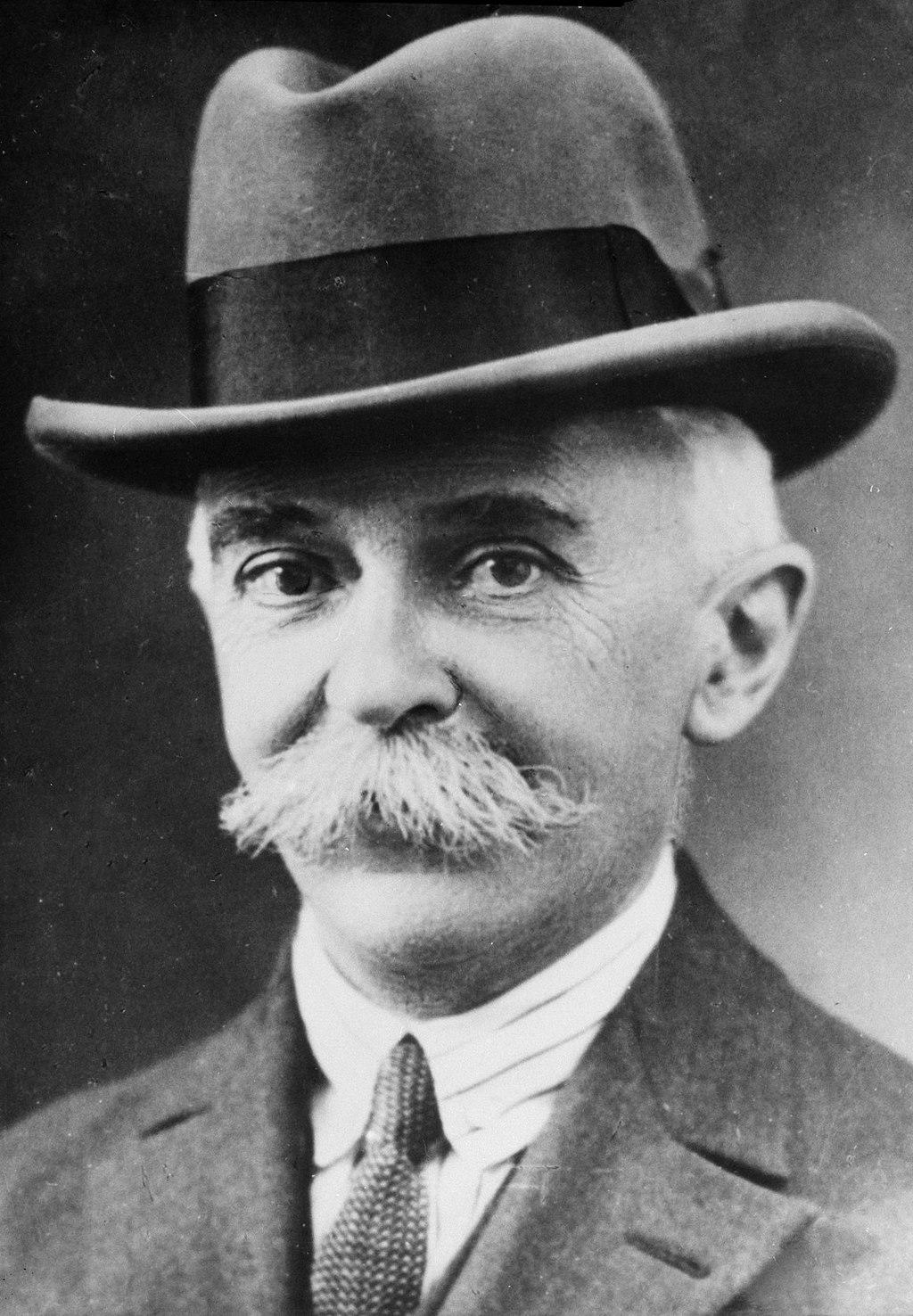
The games were not held again until 1500 years later, when the French nobleman Pierre de Coubertin proposed to revive the Olympic Games. Thus, in 1894 the International Olympic Committee (IOC) was founded and two years later the first Olympic Games of the modern era were held in Athens in 1896.4
The Road to Modernization
As society changes, so do the Olympic Games. And if we look back and compare the modern games from their beginnings to the present day, there are two particularly notable changes we can highlight: the inclusion of new disciplines and the increasing participation of women.
Inclusion of New Disciplines
At the moment, more than 30 sports are included. However, we know that this was not always the case. Since the beginning of the modern games, new disciplines have been added little by little, reflecting the evolution of sports trends and the worldwide interest in them. Some examples are:
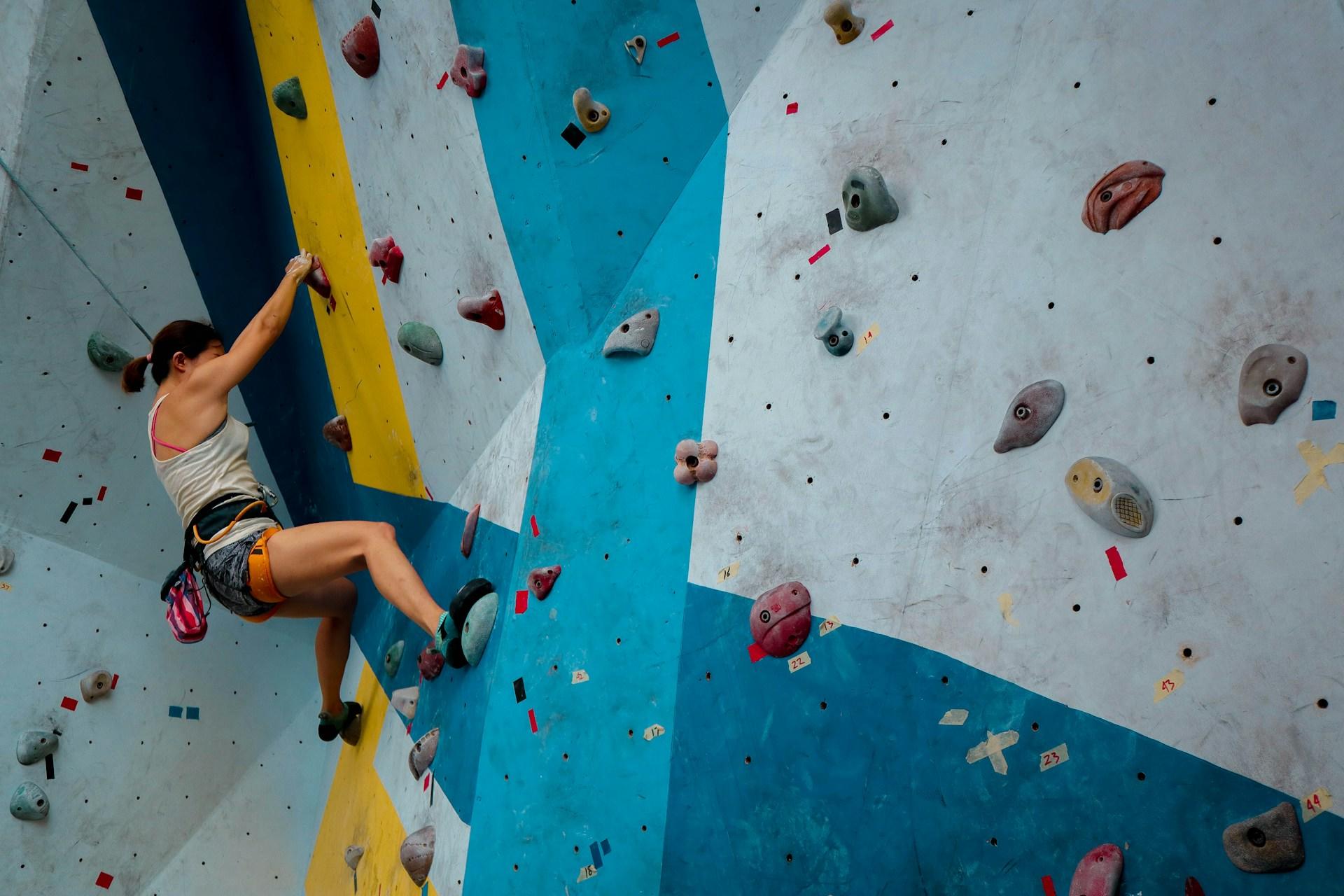
🏀 Basketball since Berlin 1936.
🚲 BMX since Beijing 2008.
🏄♀️ Surfing, skateboarding, sport climbing and karate since Tokyo 2020.
🤸🏽♂️ Breakdancing will be added this year in Paris 2024.
Women's Participation
The first time women participated in the Olympic Games was only in Paris 1900, where only 22 women competed (less than 1% of the athletes). However, this picture has changed significantly over time.
Tokyo 2020 marked a turning point in women's participation, with almost 49% of the total number of athletes that year being women.5 In addition, the IOC has also implemented policies to promote gender equality in national Olympic committees and international sports federations.
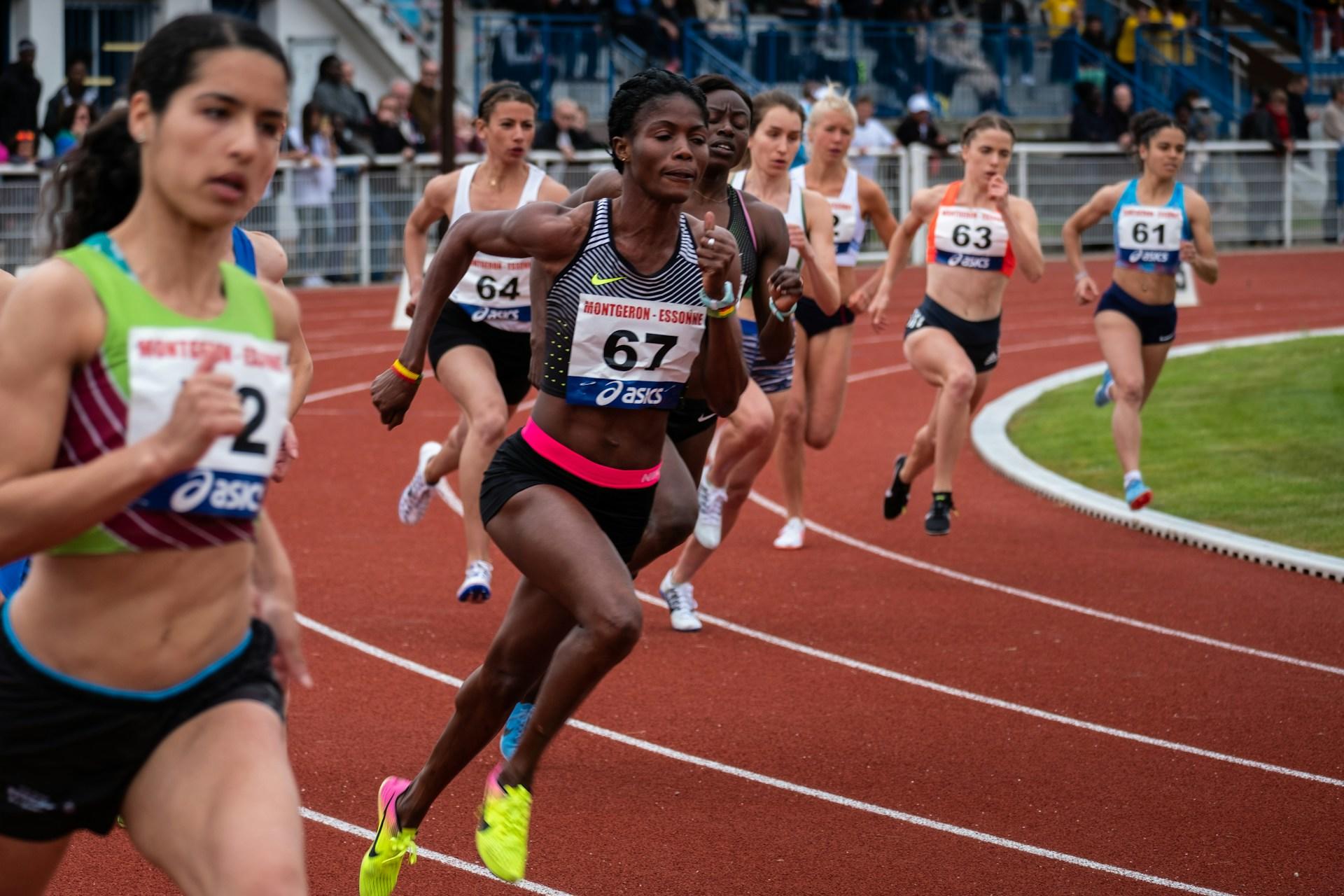
These changes reflect the efforts being made to adapt the Games to an increasingly open, inclusive and diverse audience. Hence the importance of adapting and evolving to make this event relevant to all and to continue to promote the values that define the Olympic movement, such as excellence and respect.
Fun Facts About the Olympic Games
The games have not only been an occasion to compete for medals, but have also been the scene of unity, self-improvement and, in some cases, even the mirror of complex international conflicts. We invite you to read some fun facts and things you should know to better understand both this upcoming edition and previous ones.
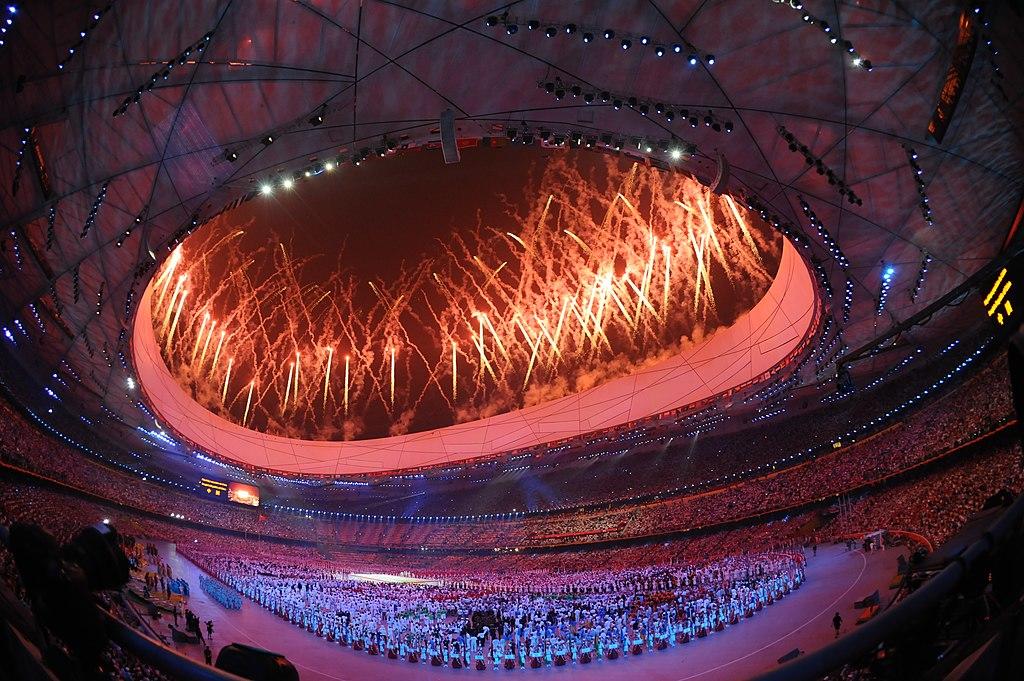
- 🎆 There are always opening and closing ceremonies: the first is an artistic show in the host country where Olympic athletes participate in a parade. At this time the Olympic flag is raised and the flame is lit. At the end of the games, the closing ceremony is held where the Olympic flag is handed over to the next host city and extinguishes the Olympic fire, closing with a cultural show.
- 🚫 International participation vetoed: Today there are thousands of participants from more than 200 countries. However, this year, Russia and Belarus have been banned from participating in the 2024 Olympics because of their responsibility for the armed conflict with Ukraine. Guatemala has also been excluded for political interference in the reelection process of its National Olympic Committee president. A historical example of this type of case was South Africa, which was excluded from the 1964-1988 games because of its apartheid policies.
- 🟢 Countries making their debut for the first time: in general, there are usually new countries participating in each edition. One example was for Rio 2016, where Kosovo and South Sudan competed for the first time. For this year, details on new countries could be announced closer to the event.
- ❌ Boycotts: Yes, there have been attempts to boycott the OG. One of the most historic was in 1980, when the United States along with 65 other countries denied their participation in the Moscow Olympics, protesting the Soviet invasion of Afghanistan. Likewise, the Soviet Union and allied countries boycotted the Olympic Games in Los Angeles in 1984.
- 🏠 Olympic Villages: The Olympic Villages are the places where athletes are accommodated during this period. Here the athletes receive not only accommodation but also medical services and recreation areas.
- ✒️ Governance and organization: The International Olympic Committee (IOC) is in charge of the organization of this event. This body is also in charge of establishing safety, health and sustainability standards to minimize environmental impact and ensure the well-being of participants and spectators.
- 🌏 Microstates and small nations: Independent of limited resources and having a fairly small population, there are microstates that have managed to participate in the games: Monaco (39k inhabitants), San Marino (34k inhabitants), and Andorra (77k inhabitants). In 2020, San Marino won its first Olympic medal, a super-achievement for one of the smallest countries on the globe.
On the other hand, you should also know that there are two types of Olympic Games: The Summer Games and the Winter Games. Here we leave you key information about each one. 👇
| Appearance | Summer Olympic Games ☀️ | Winter Olympic Games ❄️ |
|---|---|---|
| Inception 🏃🏻 | Athens 1896 | Chamonix 1924 |
| Frequency ⏰ | Every 4 years | Every 4 years (displaced 2 years with summer) |
| Time of Year 📅 | Typically held between July and August | Generally held between February and March |
| Location📍 | It is held in a wide variety of locations around the world without climatic restrictions. Allows for great geographic diversity. | Require cold climates and usually access to mountains, limiting venues to certain regions suitable for winter. |
| Number of Sports 🥇 | More than 30 | Between 15 and 20 |
| Number of Events 🎫 | Nearly 400 | More than 100 |
| Athlete Participation 🌎 | More than 11,000 athletes from around 200 countries | Around 3,000 athletes from 91 countries and regions |
| Newly Added Sports 🆕 | Skateboarding, sport climbing, surfing, karate, breakdancing | Snowboarding, freestyle skiing |
Guide to Plan Your Trip to the Olympic Games
This year you got motivated and decided to buy your tickets to witness the Olympic Games in person? Let us tell you: you won't regret a thing! Experiencing the Olympic Games in person is a once in a lifetime experience. Not only will you be a part of history, but you'll be in the thick of it, supporting elite athletes while discovering French culture.
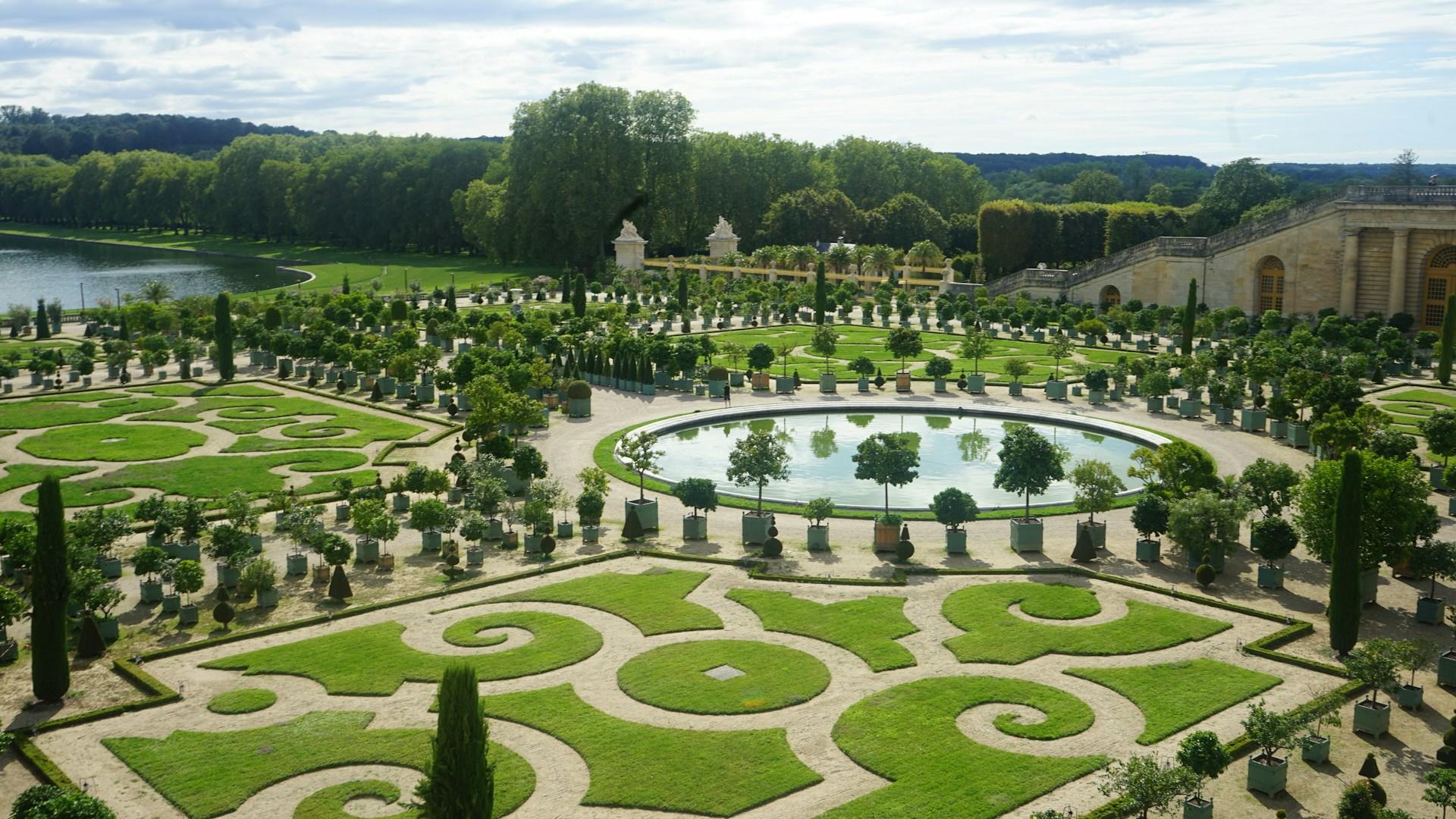
But for everything to be optimal, you must plan your trip carefully. Here are some tips for each stage of this exciting organization.
Purchasing Tickets
First things first: your tickets to the events. At this point of the year, you've probably already passed this stage, but if you've decided to participate at the last minute, the best place to buy tickets is the official website of the Olympic Games.
This is where you will find up-to-date information on ticket availability, prices and the schedule of events. For the more daring, there is also the option of checking the resales directly on site. Sometimes it is possible to find more affordable prices, but be careful not to fall for scams. Do not buy on unofficial sites or you may fall into scams.
Tips for Buying Tickets
Advance Purchase
The sooner the better. Tickets for the most popular events sell out quickly.
Prioritize Events
Decide which events are a must for you and focus your efforts on getting those tickets first.
Flexibility
If the desired events are sold out, consider lesser-known competitions. This is an excellent opportunity to discover new sports.
Getting to Paris: Choosing Your Transportation
The best time to book your tickets is usually several months in advance, but if you're reading this section we're guessing that wasn't the case for you. Don't worry, we are here to help you 😉.
Plane ✈️
As flight prices tend to vary a lot, we recommend you to check some websites such as Kayak, Skyscanner or Google Flights to receive price alerts and compare the existing options for you.
Keep in mind that booking 2 to 3 months before your trip is better to find the best value for your money - there's still time! It is also advisable to be flexible with your dates as traveling on weekdays can reduce costs, as well as with stopovers, which are usually cheaper than direct flights.
Accommodation for Your Stay
Ideally, it is best to look for accommodation that is close to public transportation or the Olympic venues. Here are some recommendations.
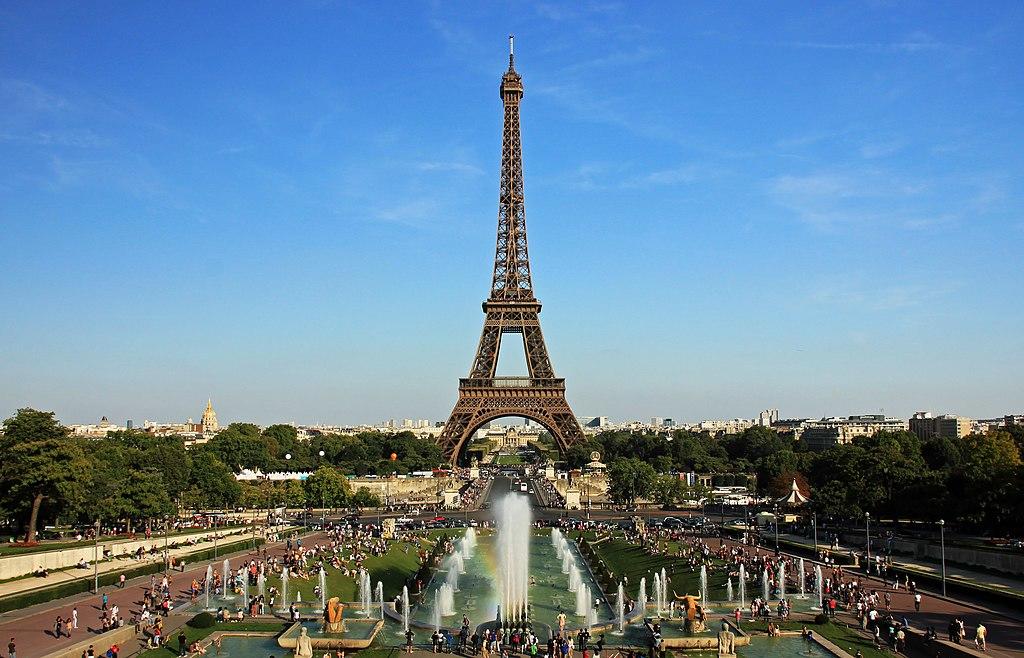
Close to Olympic Events
- 7th and 15th arrondissements: Close to the Eiffel Tower and the Seine River, these areas offer a central location with easy access to the Olympic venues.
- Bercy: This district hosts some sports venues and is known for its main arena. It offers a good combination of accommodation and entertainment.
Parisian Experience
- Le Marais: Ideal for those looking for an authentic local experience, full of cafes, boutiques and vibrant nightlife.
- Montmartre: For a romantic stay with unforgettable views of the city and reasonable access to the venues via public transportation.
However, we know that this task can be difficult as finding a good value for money place in Paris is always complex.
To make your search easier, you can always check Airbnb, which can be cheaper than hotels, especially for groups. On the other hand, there is also the alternative of Booking.com and Hotels.com, as well as Hostelworld, ideal for travelers on a tight budget. A final option is Coach Surfing for those looking to stay with locals during their visit.
The comments left by other travelers are the best way to make sure that your choice meets your expectations.
Transportation in Paris
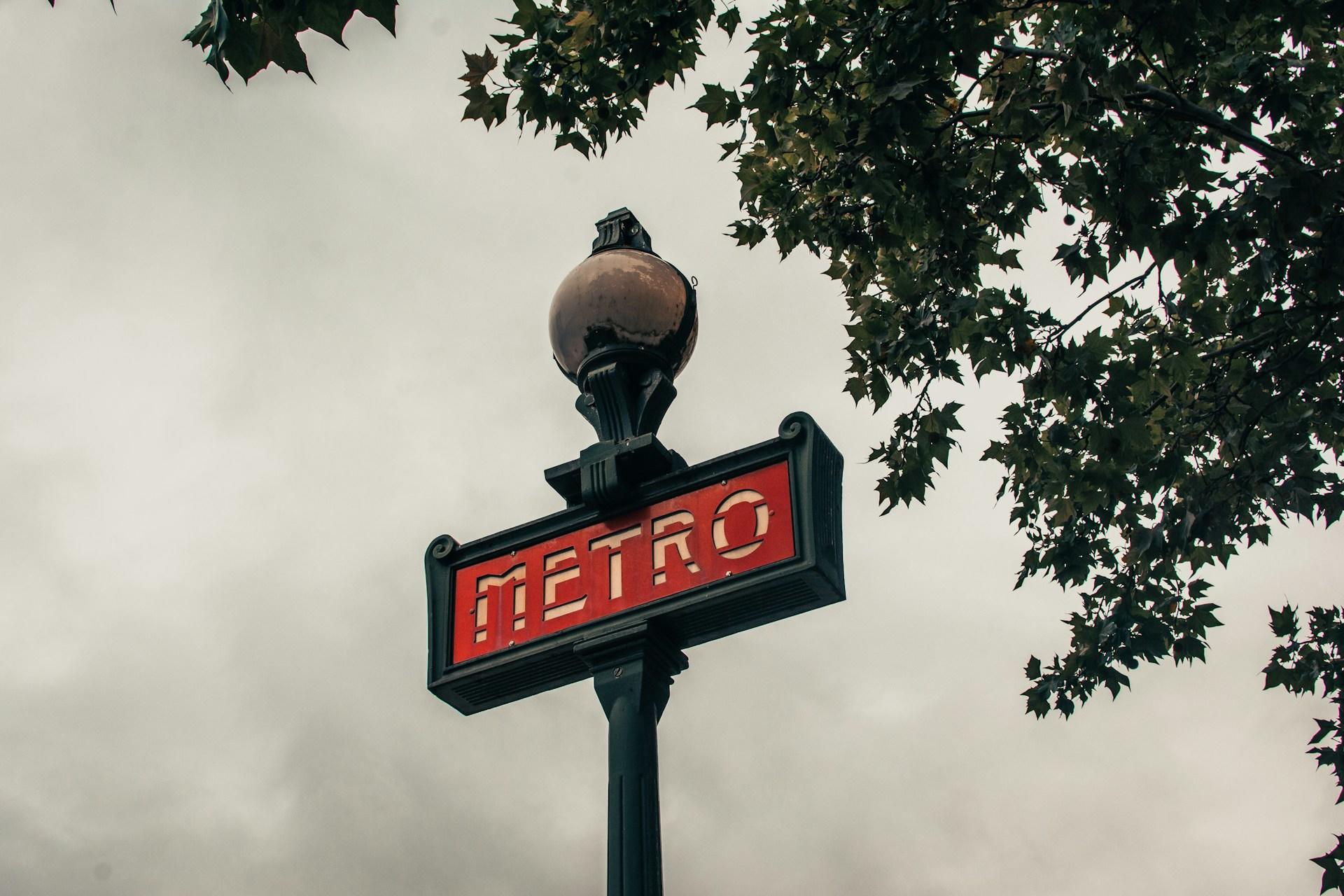
If this is your first time visiting the French capital, we are pleased to inform you that it has an excellent metro connection. This is the most efficient way to get around the city, and if you need to go beyond the center, you can count on the RER, which will take you to the suburbs, including Charles de Gaulle Airport.
On the other hand, connectivity by bike is also quite good and can be an option if you prefer active mobility. Don't hesitate to check out Vélib' Métropole, a bicycle service with stations all around the city.
Information on the Olympic Games Venues
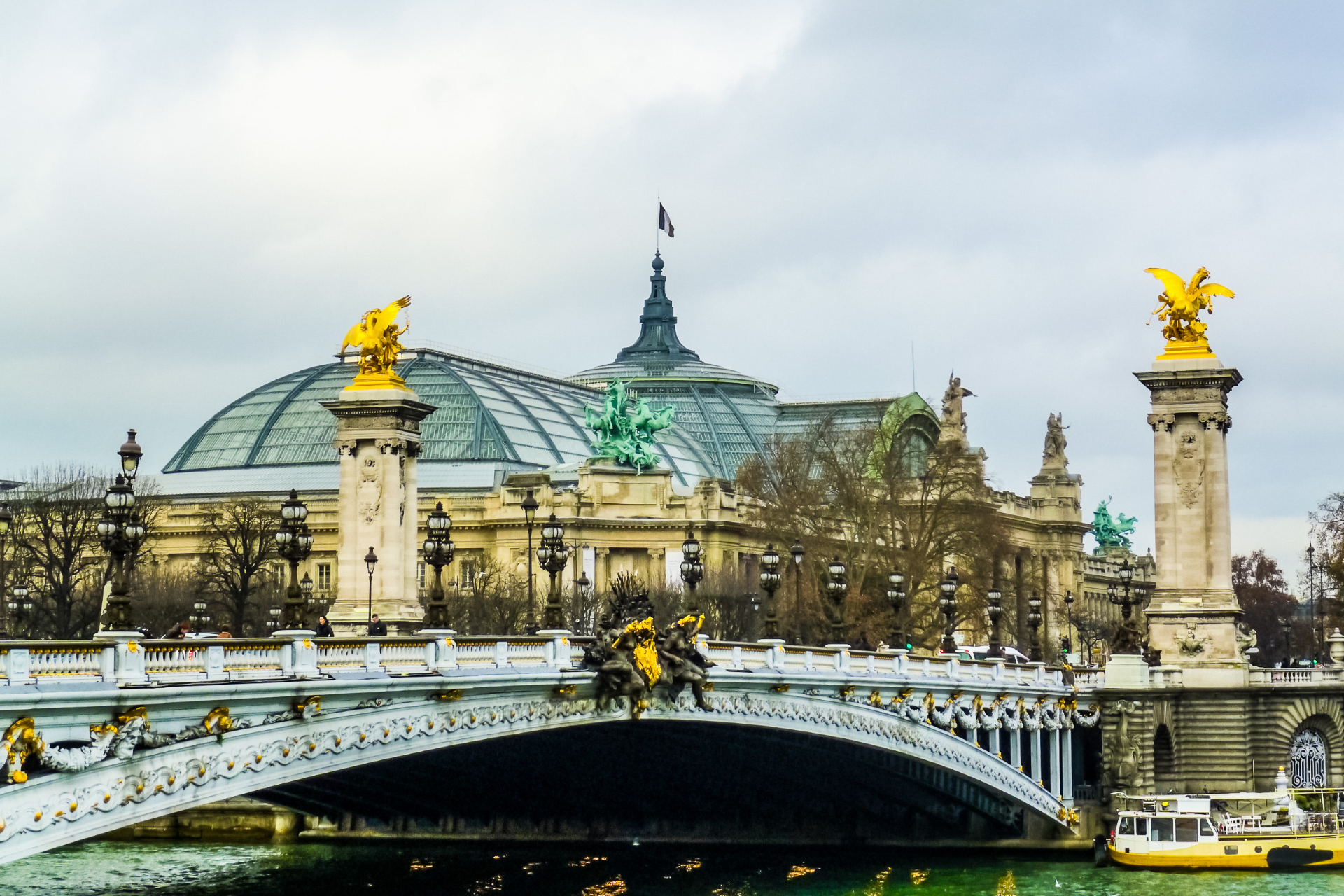
Paris has more than 2,000 heritage monuments! And no small part of them will host the Olympic Games. Now you can understand why these games are so special… Imagine the thrill of seeing your favorite sport reach new levels of excellence, all framed by venues with centuries of history. Great, isn't it?
The most emblematic venues6 of the 2024 Olympic Games are:
| Arena | Sport | Historical Description |
|---|---|---|
| Stade de France | Athletics 🏃♂️ Rugby 🏉 | Symbol of French sports with a rich history in athletics and rugby. |
| Roland-Garros | Tennis 🎾 Boxing 🥊 | Host of the famous tennis tournament, the French Open, with 95 years of history. |
| Parc des Princes | Soccer ⚽️ | Home of Paris Saint-Germain and scene of major sporting events. |
| Stade Velodrome in Marseille | Soccer ⚽️ | Field of Olympique de Marseille with a history of sporting events. |
| Champ de Mars and Eiffel Tower | Beach Volleyball 🏐 Judo 🥋 Wrestling 🤼 | Iconic green areas of Paris with breathtaking views. |
| Les Invalides | Archery 🏹 | Complex with military and historical significance. |
| Grand Palais | Fencing 🤺 Taekwondo 🥋 | Architectural jewel and venue for important cultural and artistic events. |
| Place de la Concorde | BMX Freestyle 🚲 Skateboarding 🛹 | In the heart of Paris, witness of the French Revolution. |
| Palace of Versailles | Equestrian 🏇 | Symbol of French baroque architecture and gardens. |
| Teahupo'o in Tahiti | Surfing 🏄♂️ | Known for its challenging waves, it stands out in the surfing world. |
If you want to find more details about the different points of the capital that will serve as headquarters, you can visit this official map.
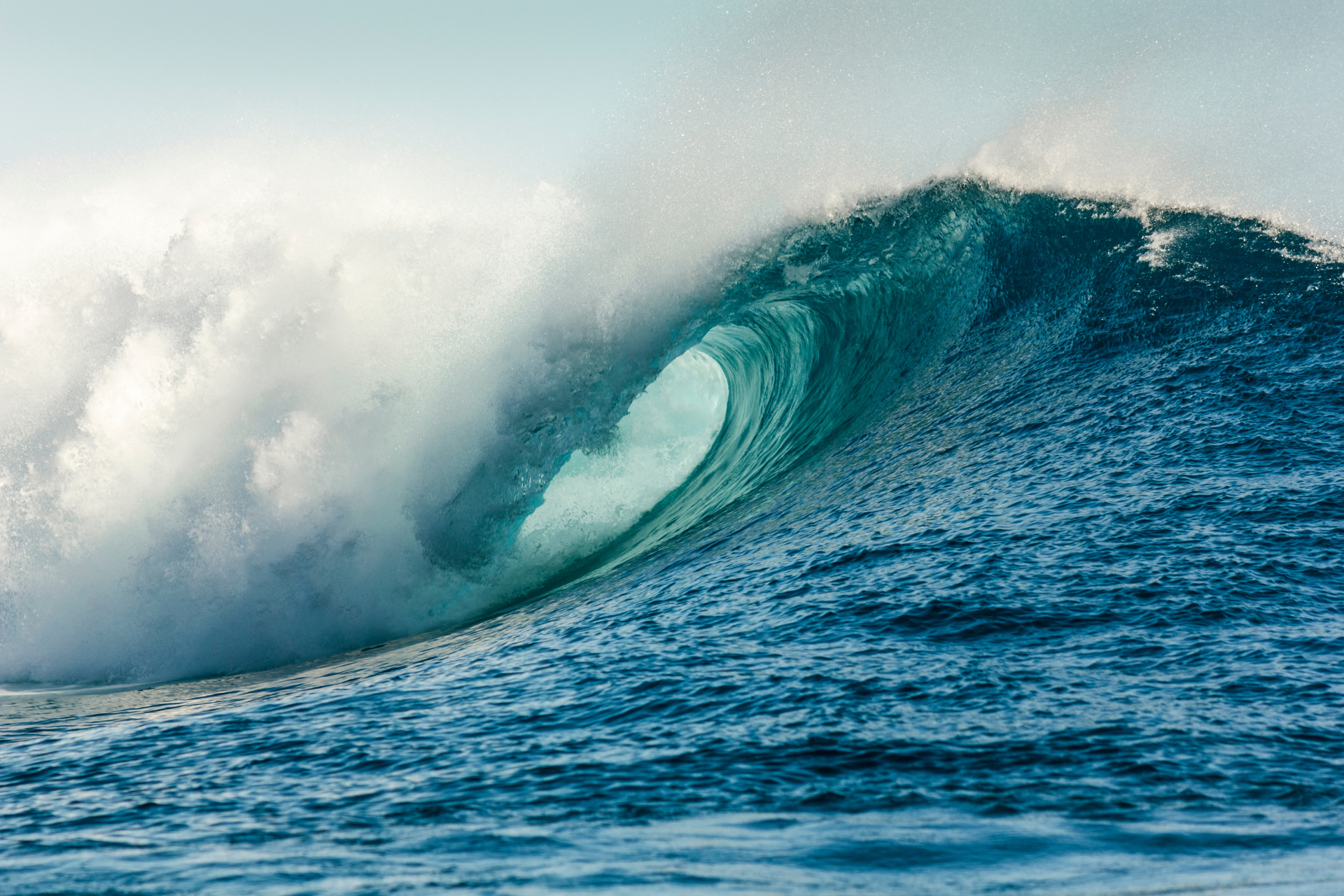
Final Tips
To enjoy this experience to the fullest, it is necessary to take certain precautions and be attentive to avoid any mishap:
- 👀 Always keep an eye on your belongings: Paris is a generally safe city. However, mass events are perfect for pickpockets. Always keep your valuables well guarded and out of sight.
- 🆘 Be informed about emergencies: Identify emergency exits and have local emergency numbers at hand (📞112 European emergency number 📞15 Medical Assistance 📞17 Police 📞 18 Firefighters). The location of the American consulate in Paris is 2 Av. Gabriel, 75008.
- 📱Mobile apps: Use the RATP app available on Apple Store and Google Play, maps and tourist guides. They can be a great addition to your stay.
- 🗓️ Plan ahead: While some people like to enjoy a less structured way, organizing your itinerary before you arrive can save you valuable time. Remember that approximately 15 million visitors7 are expected in Paris during these dates!

Follow the Excitement from the US: Where to Watch the Olympic Games 2024
Being one of the most anticipated sporting events, it is unlikely that you will want to miss them. For you to keep in mind, you should know that you can watch the games on Peacock, NBCOlympics.com, NBC.com, and the NBC/NBC Sports app where every moment of the Olympic Games will be broadcasted.
Famous Olympians: Athletes to Watch in 2024
The Olympic Games bring us many different stories, but if there's one thing they all have in common, it's a sense of achievement. We could make an endless book with all the athletes' unique stories! Here's a non-exhaustive list of promising athletes whose performances are not to be missed 🥇.
American Olympic Athletes
Caeleb Dressel 🇺🇸 - Swimming
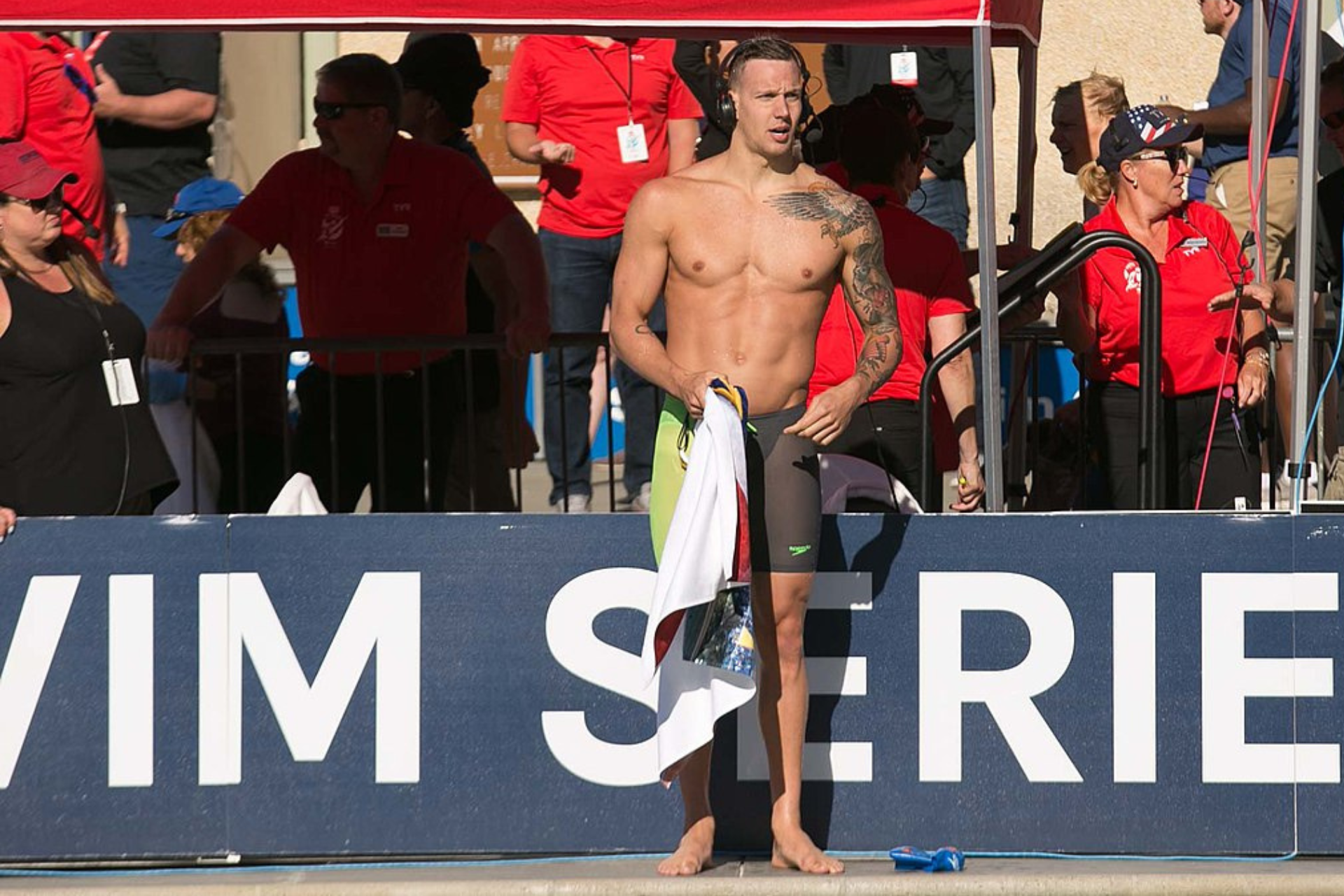
We easily lose count of the number of medals Caeleb Dressel has won in recent years. He is definitely the swimmer to beat in both freestyle and butterfly.
Simone Biles 🇺🇸 - Artistic Gymnastics
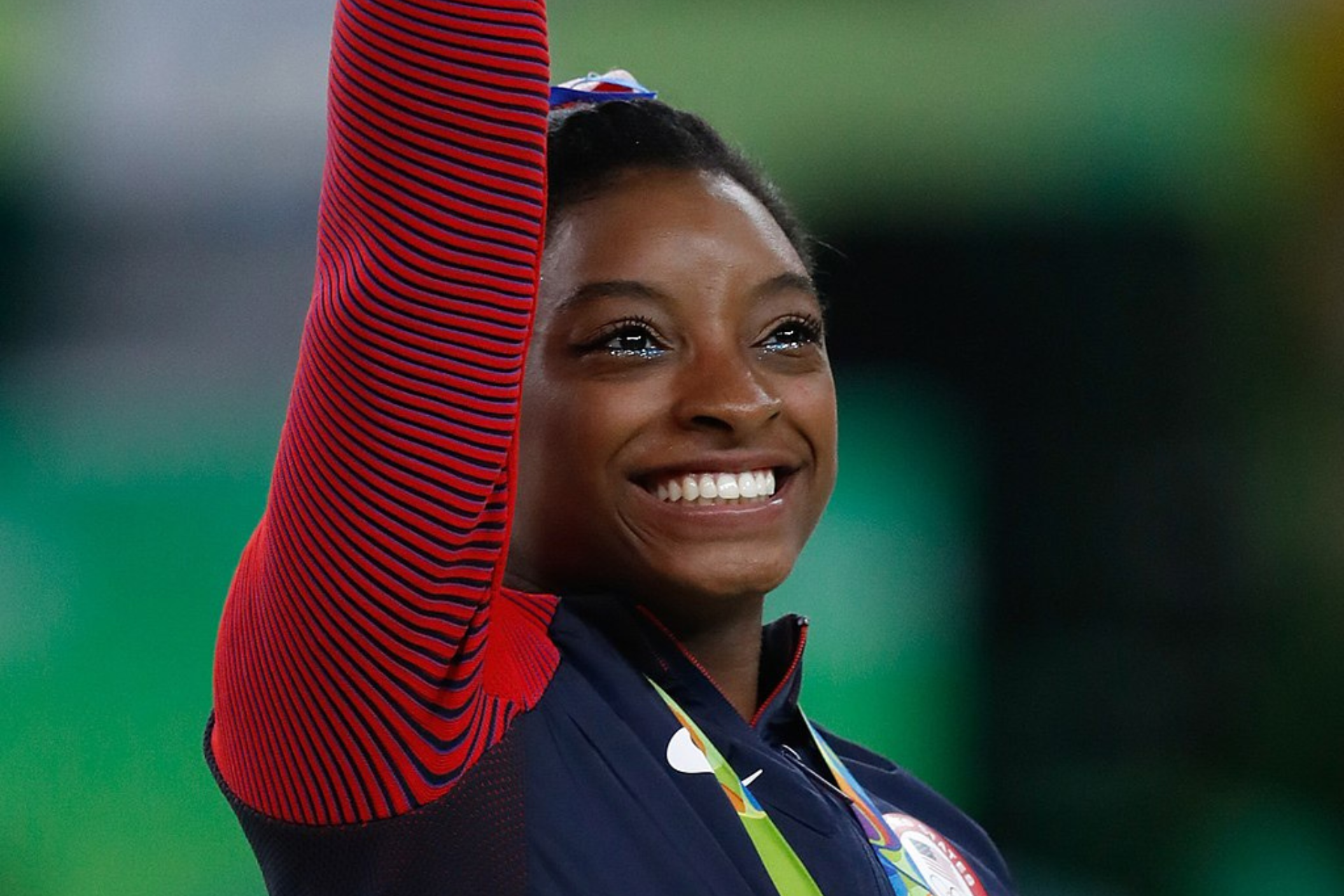
Legendary. That's how they define the young Biles, who at only 27 years old has established herself as one of the historical favorites in her discipline. Watching her perform is impressive. Power, effort and imagination are some words that could define her.
Nelly Korda 🇺🇸 - Golf

In the realm of Olympic golf, Nelly Korda stands as a beacon of excellence. With her triumph in the Tokyo Olympics, Korda's unwavering dedication and unmatched skill have elevated her to legendary status, reshaping the narrative of dominance on the fairways and greens.
Stephen Curry 🇺🇸 - Basketball
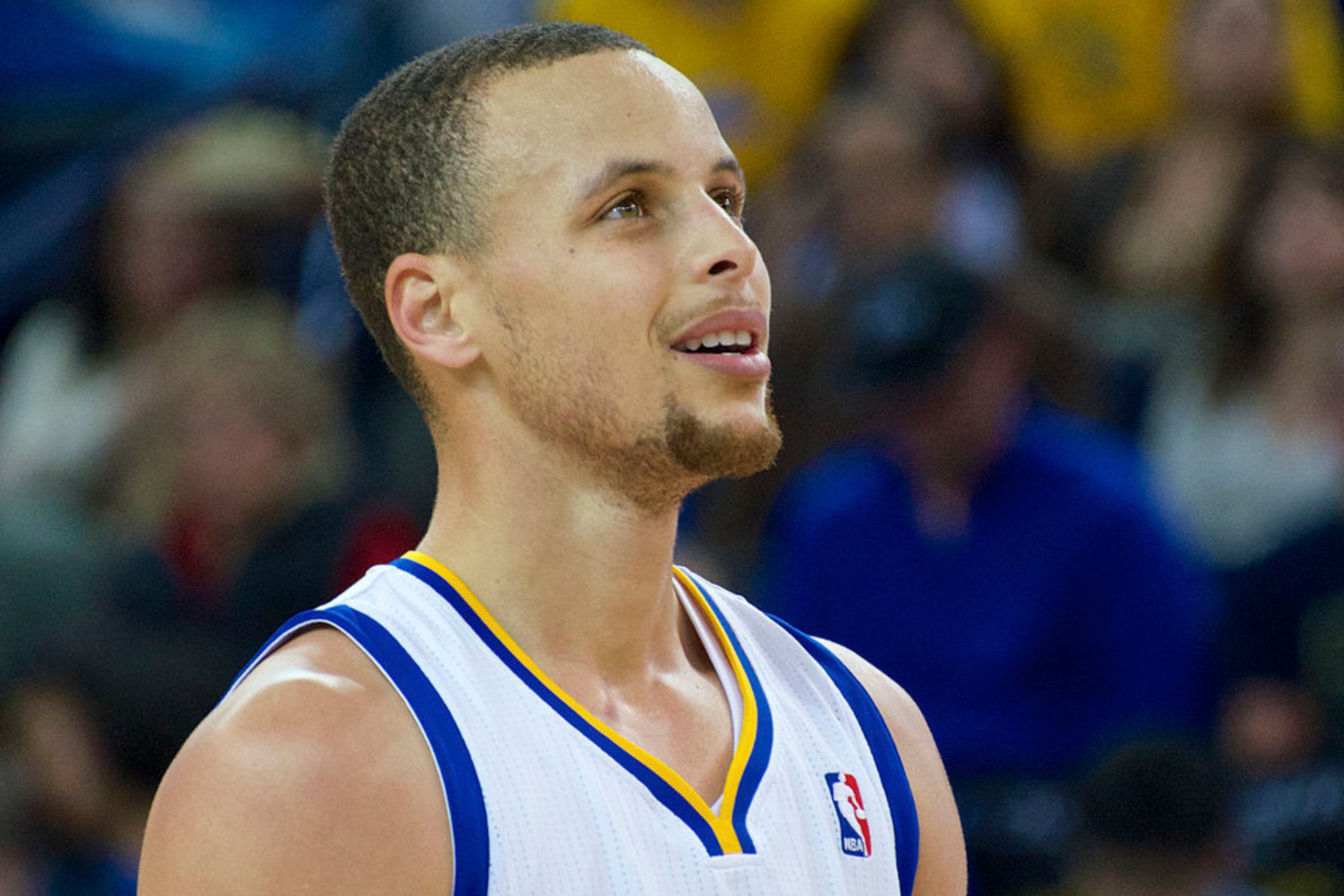
Dominating the NBA with multiple championships and MVP titles, Curry's influence transcends the court. Now, as he joins the prestigious ranks of the US Olympic basketball team, Curry brings his trademark flair and leadership to the international stage.
Coco Gauff 🇺🇸 - Tennis
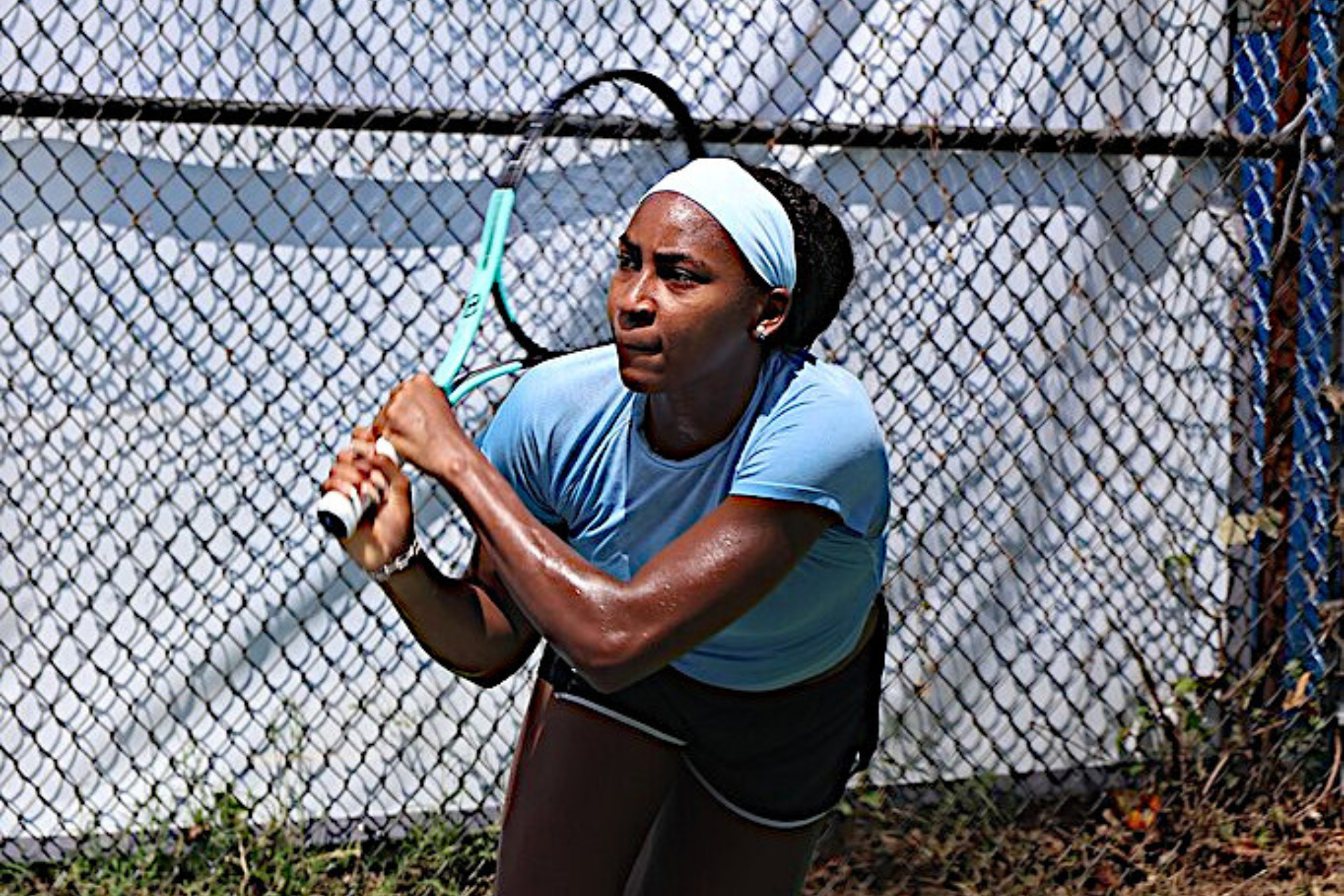
Coco Gauff has skyrocketed to stardom with her incredible talent and fearless play. Bursting onto the scene in 2019, she stunned the world at Wimbledon, defeating her idol Venus Williams. Now, as she gears up for the Olympics, Gauff's selection to represent her country is yet another testament to her remarkable journey.
International Figures to Follow
Armand Duplantis 🇸🇪 - Pole Vault
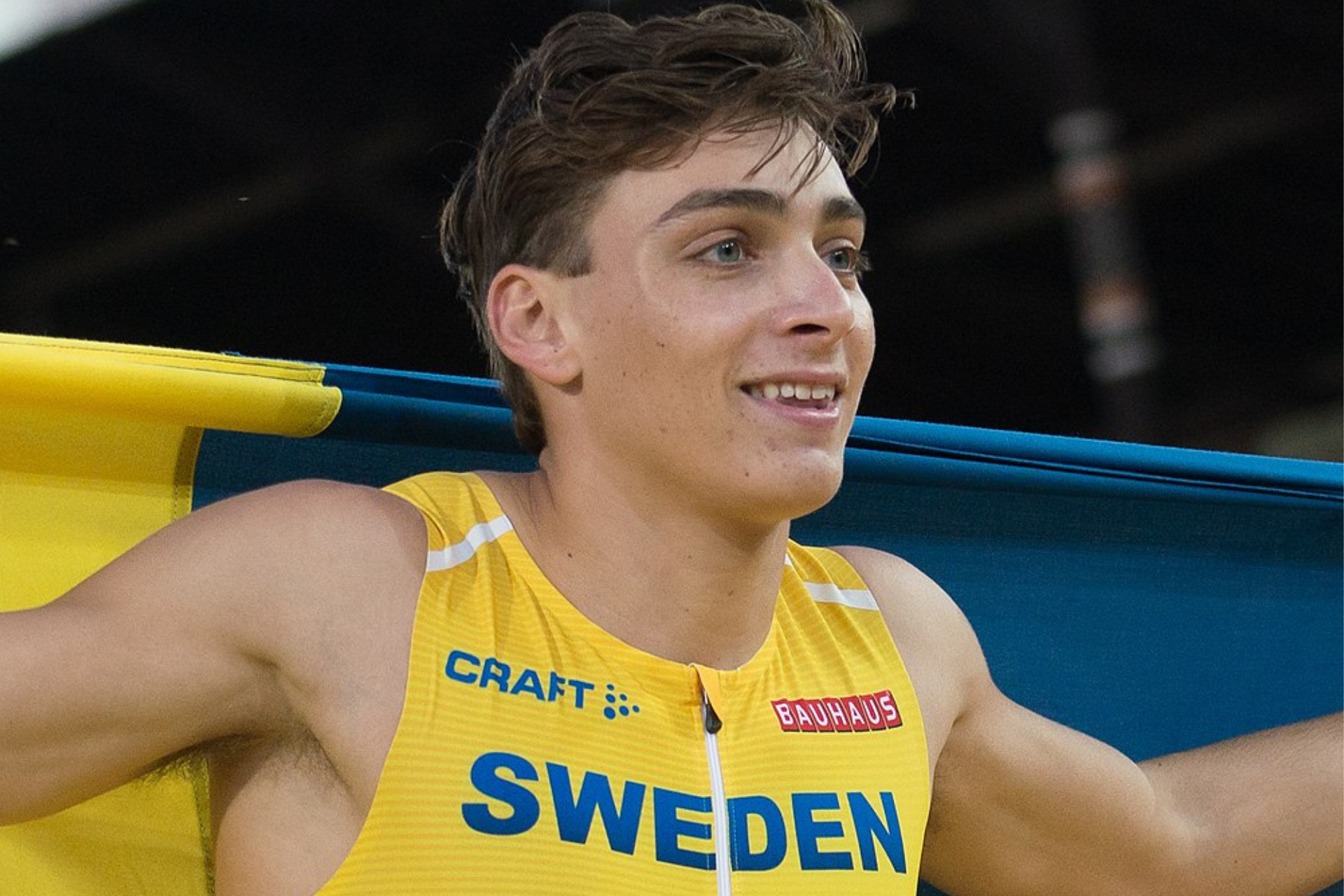
Breaking world records? Hasn't been a problem for Duplantis. Since he was a child, he has demonstrated his innate talent for this discipline, inherited from a family rooted in athletics. Although his career is just beginning, his participation in Paris promises to be a milestone in the history of athletics.
Yuto Horigome 🇯🇵 - Skateboarding

After winning gold in Tokyo, his hometown, Horigome became a source of pride for all of Japan and an icon for skateboarders around the world. He executes technically complex tricks with amazing smoothness - don't miss out!
Charline Picon 🇫🇷 - Sailing
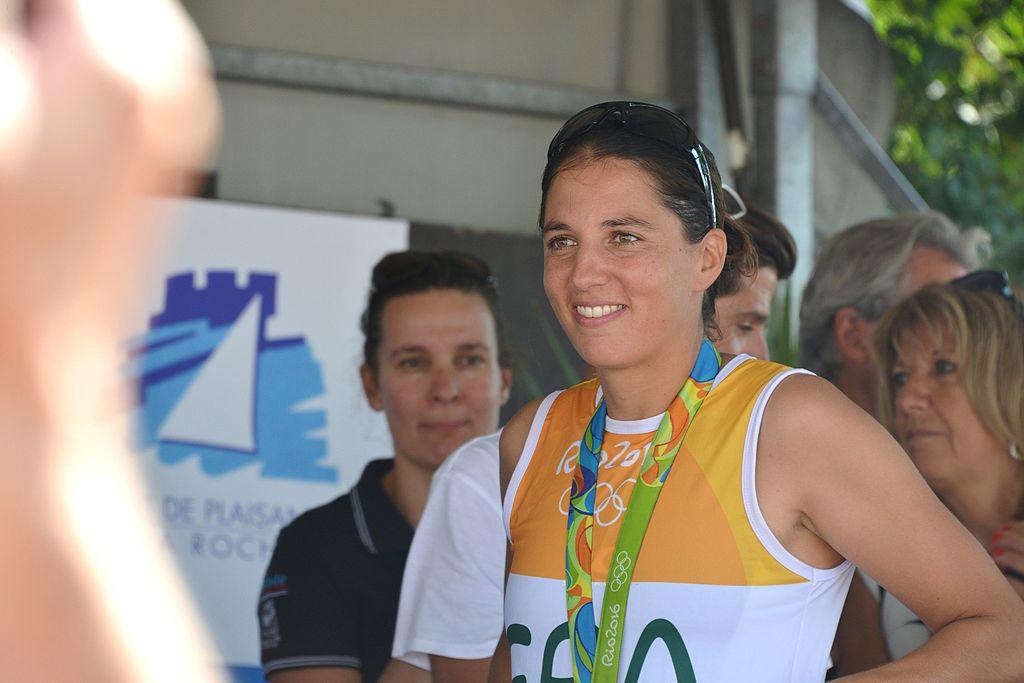
Gold medallist at Rio 2016 and silver medallist at Tokyo 2020, Charline Picon is one of the world's top windsurfers. In Paris, she will aim to end her Olympic career on a high note, seeking to capture another gold medal for France.
Sandra Sánchez 🇪🇸 - Karate
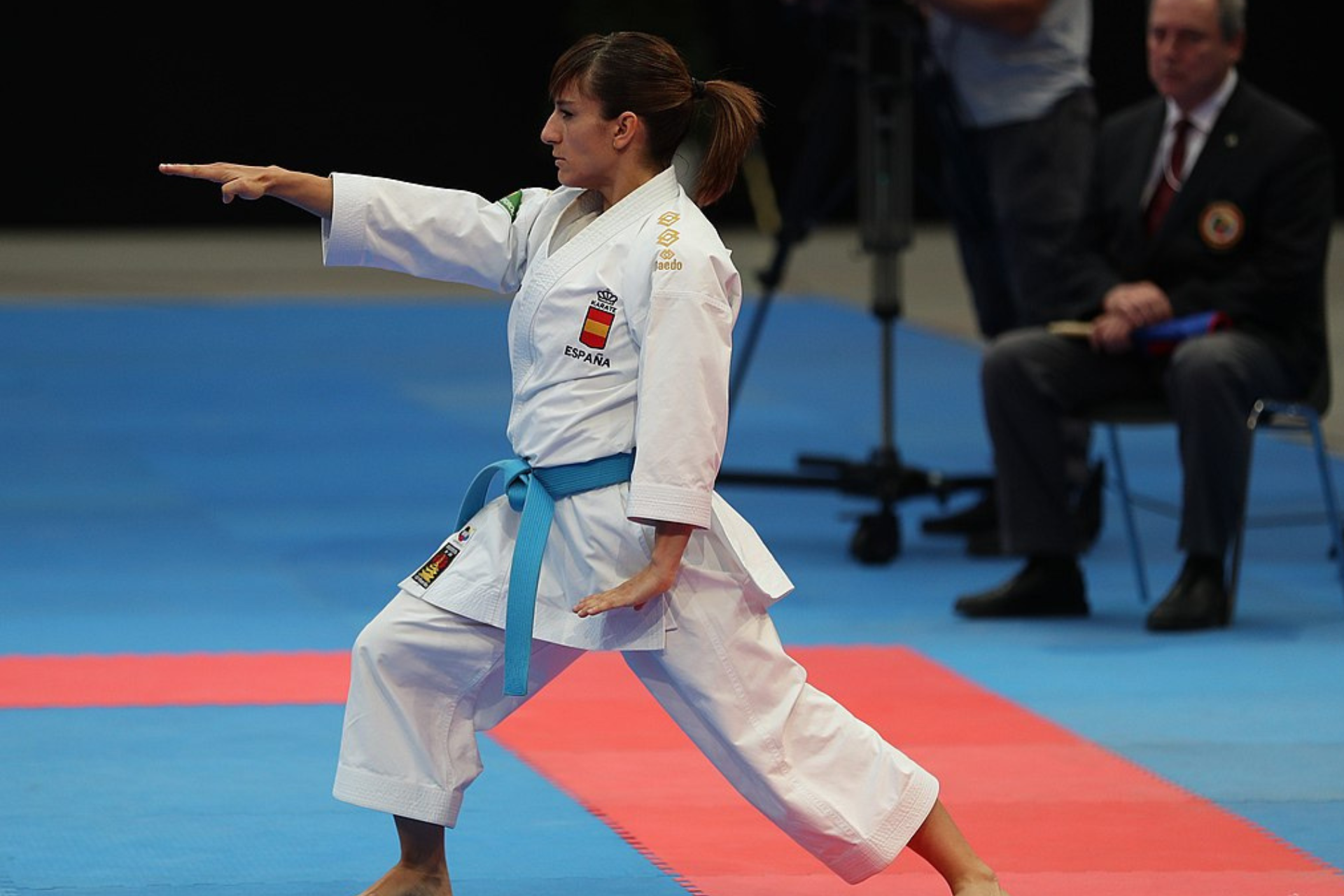
Sanchez seems to have a battery that does not run out because after her gold at Tokyo 2020, the karateka has not slowed down. Her almost perfect technique and mental strength have made her one of the great hopes for success on the Parisian tatami.
The Future of the Olympic Games
We know that socio-economic changes and environmental challenges have led us to question our own habits and the way we do things. The Olympic Games are no different from this reality.
We have seen how this tradition, which began in ancient Greece, has evolved to include values that, in the past, were not even considered. We talk about inclusion, diversity and sustainability, for example, which have been incorporated over the years.
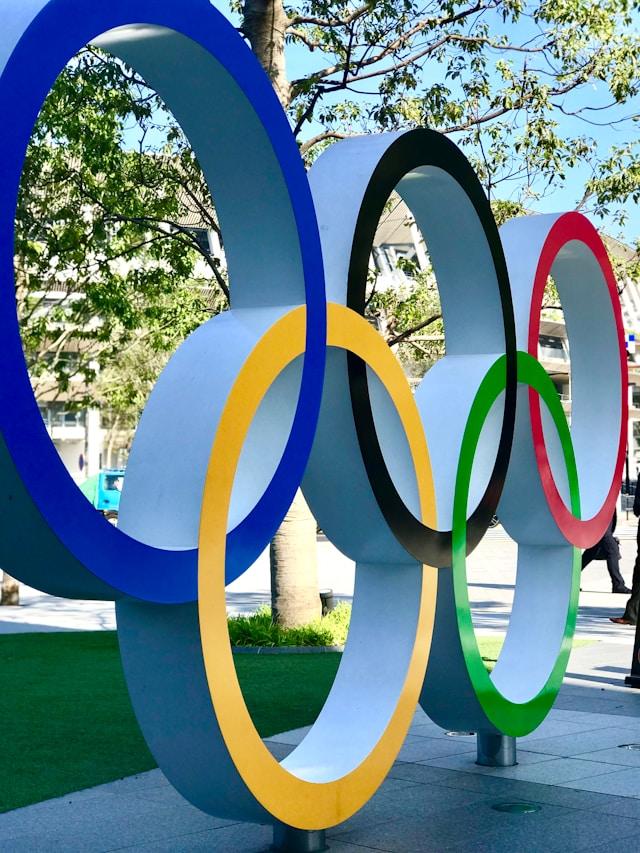
The venues for the Olympic Games have already been chosen until 2032, and these decisions reflect precisely what we are talking about.
For 2028, Los Angeles will be the venue due to the existence of previously built infrastructure, which is extremely important in environmental terms.
For 2032, Brisbane (Australia) has been chosen as the venue for that edition, where it is proposed to take advantage of more than 80% of the existing venues.
As society continues to move forward, these kinds of events open up an opportunity for us to bring a real message to people and have a positive impact on the world. Hence the importance of continuing to expand the reach of the Games beyond the traditional boundaries of sport and to put sustainability at the heart of the planning and execution of the Games.
What are your expectations for these Olympic Games - is there a specific event or athlete you are particularly looking forward to? We invite you to share your previous experiences and your expectations for Paris 2024 in the comments 👇
Bibliography
- Cartwright, M. (2018). The ancient Olympic Games. Encyclopedia of World History. https://www.worldhistory.org/trans/es/1-440/los-antiguos-juegos-olimpicos/.
- Discover the shocking history and significance of the Olympic Games in Ancient Greece. (2023, December 20). Seed; Ancient Greece: A journey through time. https://antiguagrecia.net/historia-general-de-la-antigua-grecia/origen-juegos-olimpicos-antigua-grecia/
- John, P. (2019, February 14). Why did the ancient Olympic games end? Quecuriosidades.com. https://quecuriosidades.com/terminaron-juegos-olimpicos-antiguos/.
- History of the Olympic Games (2022, October 14). Enciclopedia Iberoamericana. https://enciclopediadehistoria.com/historia-de-los-juegos-olimpicos/
- Khush (2021, March 4). Fighting for gender equality. Athlete365; International Olympic Committee. https://olympics.com/athlete365/es/integridad/luchando-por-la-igualdad-de-genero/.
- Imbo, W. (2023, March 8). Paris 2024 Olympic Games: 11 iconic venues. International Olympic Committee. https://olympics.com/es/noticias/descubre-sedes-iconicas-historia-deportes-juegos-paris-2024
- Masterson, V. (2024, March 27). Paris 2024 Olympics could be greenest ever. World Economic Forum. https://es.weforum.org/agenda/2024/03/paris-aspira-a-ser-sede-de-los-juegos-olimpicos-mas-sostenibles-de-la-historia-asi-se-prepara-la-ciudad/
Your Personal coaching tutor is waiting for you on Superprof!
Want to give it a try?
Let our experts impress you!
Summarize with AI:











